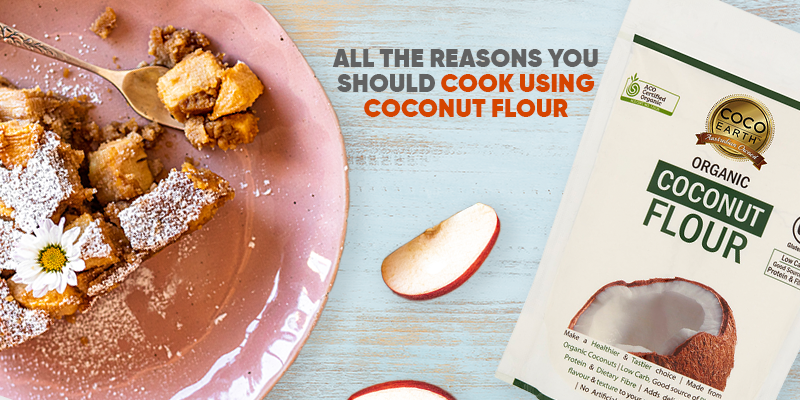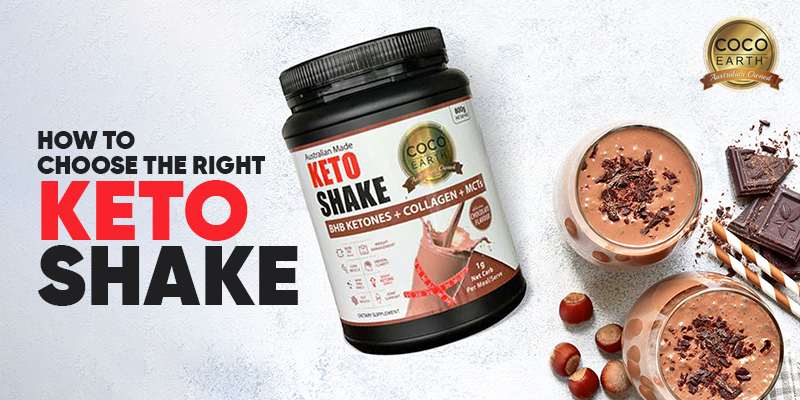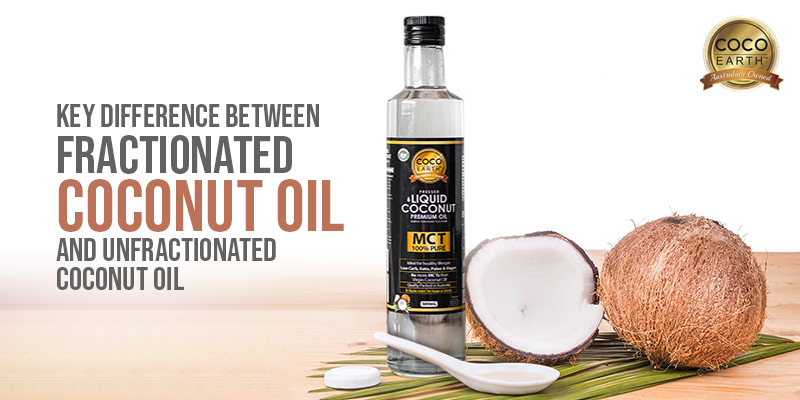Whether you’re trying to eliminate gluten from your diet or be more creative in your kitchen, you can be a little (if not perfect) overwhelmed by the variety of flours on the market these days. From oats and buckwheat to almonds and amaranth, the choices are endless.
What is Coconut Powder?
“Coconut flour is an allergen flour made from dried coconuts.” The texture of coconut flour Australia is soft and light with a slightly sweet coconut flavor. Flour is a by-product of the production of coconut milk. After soaking the coconut pulp, the pulp is dried and ground into a powder.
4 Health Benefits of Coconut Flour.
There are many reasons why coconut flour can be a great option to include in your diet.
- Additional Nutrients:
Coconut flour is dried and ground coconut meat. It is a great source of fiber (10 g) per ¼ cup, and contains 6 g of protein per ¼ cup, and contains 12% of the recommended daily amount of iron.”
- Digestion Benefits:
Most of the fiber found in coconut flour is insoluble, so it helps food pass through the intestines easily and adds bulk to the stool. Coconut flour contains small amounts of other types of fiber that can feed beneficial bacteria in your gut so ready to eat meals Australia as it improves digestion.
- May promote weight loss:
Coconut flour shouldn’t be considered a weight loss supplement on its own, but some experts believe that its high protein and fiber content can make you feel full.
- May support healthy blood sugar levels:
Because of their high fiber content, coconut flour may help keep blood sugar levels stable by slowing the rate at which sugar enters the bloodstream.
How is it different from other flours?
If your local grocery store doesn’t have coconut flour, but you want to try the gluten-free option in your standard recipe, you can consider alternatives like buckwheat, millet, teff or brown rice flour. One of the more popular options is almond flour made from ground and poached almonds. Like coconut flour, it contains small amounts of minerals such as iron, calcium and potassium and is rich in vitamin E. However, it is not suitable for all recipes as it is higher in calories, more fat, and has a different texture than coconut flour.







